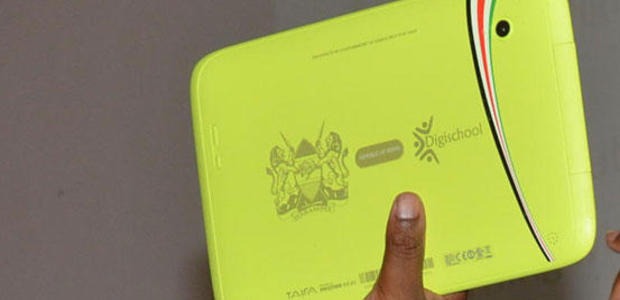advertisement
Kenya sets aside KES13.4 billion for the Digital Literacy Programme
This was said by the Cabinet Secretary National Treasury, Henry Rotich as he presented the 2016/2017 budget at the Parliament…

This was said by the Cabinet Secretary National Treasury, Henry Rotich as he presented the 2016/2017 budget at the Parliament Chambers. The 2016/2017 budget is the fourth Budget Statement under the Administration of His Excellency President Uhuru Kenyatta. The Kshs. 2.3 trillion worth budget was themed , “Consolidating Gains for a Prosperous Kenya.”
The 13.4 billion will be used to help in development of digital content, building capacity of teachers and rolling out computer laboratories for primary schools throughout the country.
“As we speak, the laptop idea has already become a reality for 11,500 pupils across the country. The impact, excitement and expectations are clearly self-evident. We shall ensure the remaining schools get their lap tops in the FY 2016/17.” said Mr. Rotich.
advertisement
The Digital Literacy project is one of the key flagship Programmes highlighted in the Jubilee Manifesto. The main aim of the project is to align integration of ICT into teaching and learning for standard one pupils in primary schools.
The components of this project include: Improvement of ICT infrastructure, Development of digital content, capacity building of the teachers and procurement of ICT devices. During the 2013/2014 the Ministry received Ksh 24.5 Billion to cater for the four components of the project. In 2014/2015, an additional Ksh.17.5 billion was allocated for the project.
According to a statement on the Ministry of Education website, during the above mentioned period about 150 teachers were trained as Master Trainers at the National level, about 2555 teachers trained as Trainer of Trainers (ToTs) drawn from all the 47 Counties.
advertisement
During the same period, Digital Content for standard 1 and 2 was developed and has been piloted in 40 primary schools to ensure that it meets the curriculum objectives. Software for Special Needs Learners is being developed by Kenya Institute of Curriculum Development.
The Ministry of Education also carried out a needs assessment with a view to ensuring the schools had appropriate infrastructure for roll out of the ICT integration in primary schools. Each public primary school has received a minimum of KShs 60,000.00 to cater for the refurbishment of a classroom and storage rooms and purchase of Storage Cabinets.
The Government of Kenya aims at implementing the Digital Literacy Program in all the 22,000 public primary schools in Kenya. The project will deliver 1.2 million devices in the next two years to cover all public primary schools.
advertisement
The Proof of Concept is being implemented through the two contractors which are the consortium of Moi University and JP Couto, Jomo Kenyatta University of Agriculture and Technology and Positivo BGH.